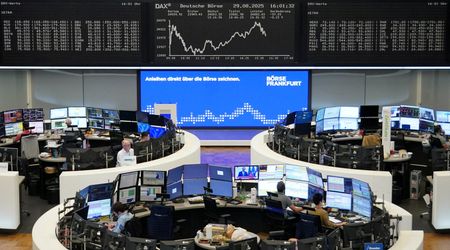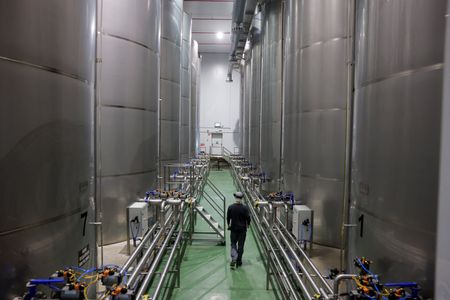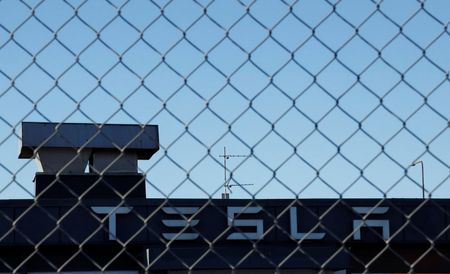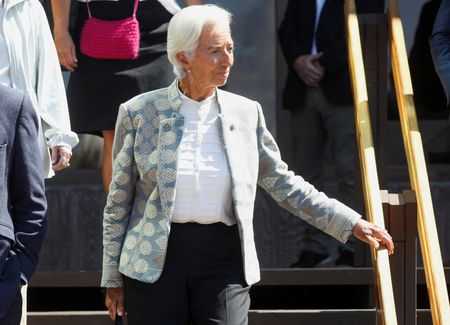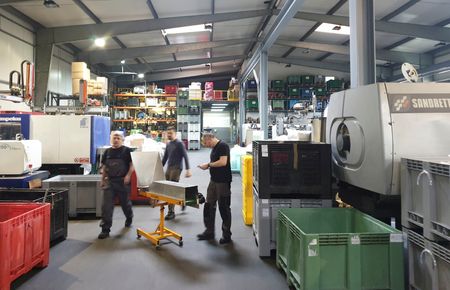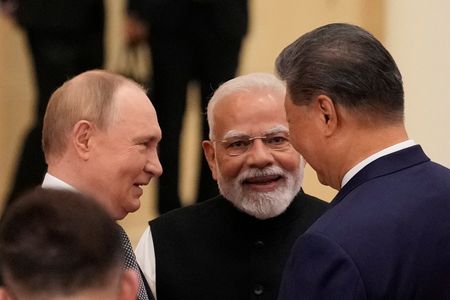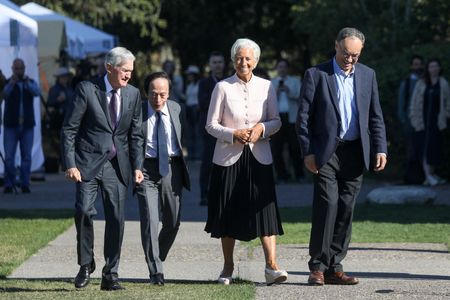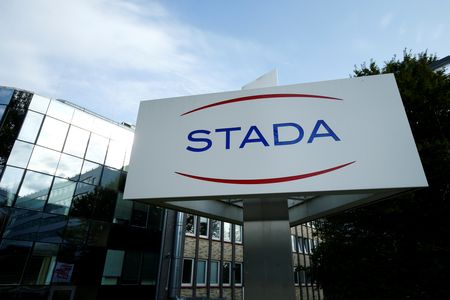(Reuters) -A look at the day ahead in European and global markets from Wayne Cole.
It’s been a resistant start to September with much of Asia in the red and Wall Street on holiday, leaving S&P 500 futures flat in what is typically a bad month for the market. European share futures have hardly budged, but China’s market remains well supported by a tide of liquidity looking for a home in a low-yield world.
Chinese blue chips climbed more than 10% last month, helped in part by talk Beijing was pushing firms to develop a home-grown alternative to Nvidia’s AI chips.
Hong Kong shares of Alibaba jumped almost 19% in the biggest one-day rise since early 2022 on optimism over its cloud business. There were also reports DeepSeek had opted for Huawei chips to train some of its AI models.
That may have sparked some profit taking in Japanese chip group Advantest, which dived 9.1%, giving back some of the near-50% gains made in the past three months. AI-focused investor SoftBank Group also dropped 6% and contributed to a 2% loss for the Nikkei.
Chinese investors might also be encouraged that President Trump is running into legal challenges to his tariff policies. While the levies remain in place pending an assumed appeal to the Supreme Court sometime in October, the ruling could lead trading partners to drag their feet on negotiations with the White House.
Indeed, of the trade “deals” supposedly already agreed, few if any have been signed or ratified – more concepts of a plan for a framework of a deal. Talks with Japan have hit a stumbling block over rice, while negotiations with South Korea are bogged down despite the recent leaders’ meeting.
Markets seem to be assuming the conservative majority on the Supreme Court will find a way for trump to keep the tariffs in place. Were the judges to actually uphold the appeals court ruling, then presumably many of the deals would be defunct and Trump’s leverage for new ones greatly diminished.
Treasury would also have to repay the more than $100 billion collected, which, since it is likely being spent, will have to be borrowed. Apart from it being a logistical nightmare, the money would go to the importers who paid the tariffs, not the American consumers who paid higher prices.
Would the importers roll back any price hikes to pre-tariff levels, or keep them up to fatten margins? And what happens to the $3 trillion or more the taxes were supposed to bring in to cover tax cuts?
Who knew trade law could be so much fun?
Key developments that could influence markets on Monday:
– European PMIs for August, EU unemployment for July
– speech by ECB President Christine Lagarde. Appearances by ECB Board members Piero Cipollone and Isabel Schnabel
(Editing by Sam Holmes)

